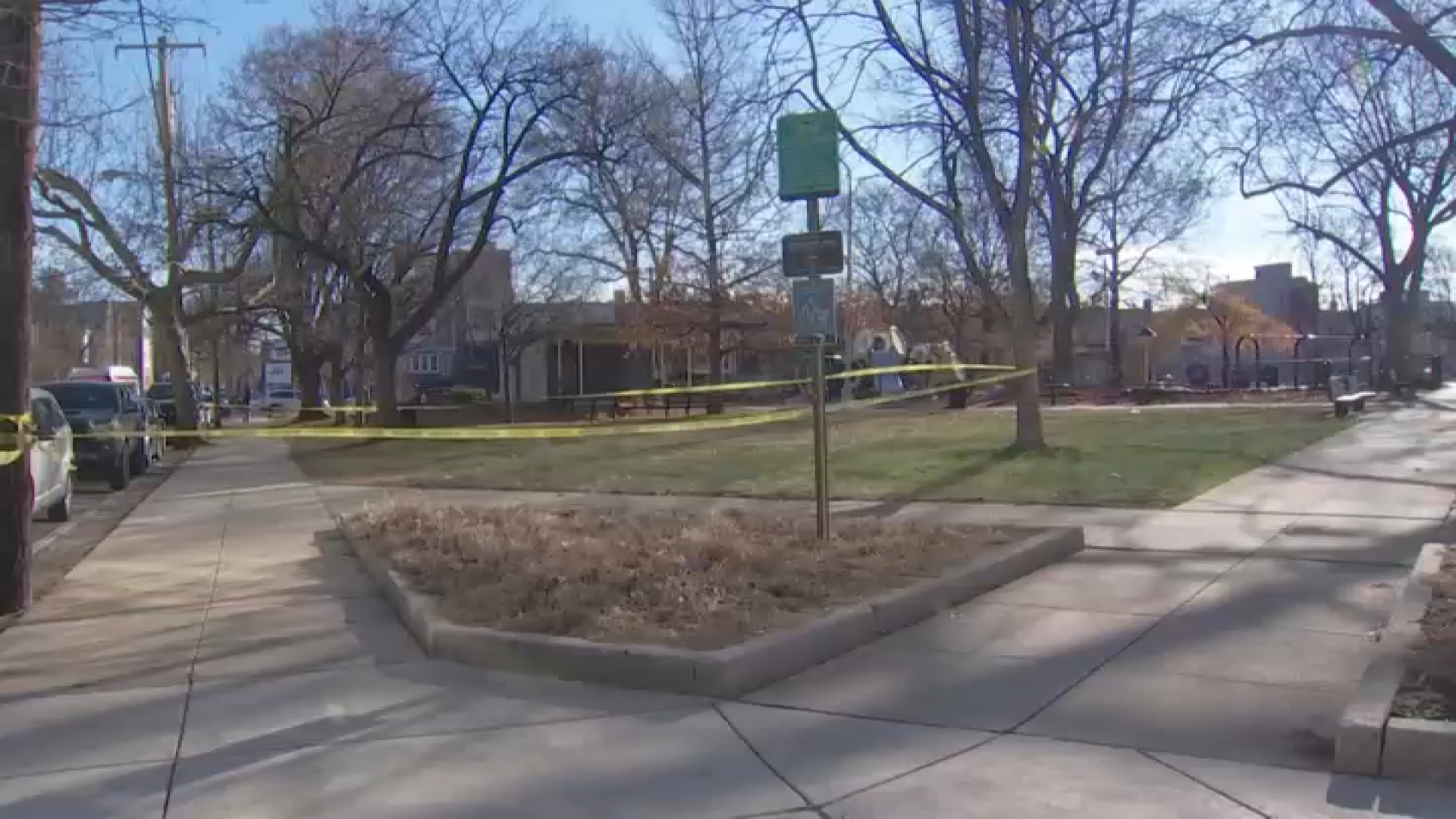Gas prices are on the rise across the U.S. after a cyberattack last Friday caused portions of the Colonial Pipeline to shut down.
The average gasoline prices in the U.S. jumped six cents on Tuesday and may continue to rise as states bare the ripple effects of the cyberattack.
In Pennsylvania, gas is up eight cents from last week and $1.03 from the same time last year, according to AAA data. New Jersey is up eight cents, while Delaware’s average jumped 10 cents.
Stretching more than 5,500 miles from Houston, Texas to Linden, New Jersey, the Colonial Pipeline supplies about 45 percent of all fuel to the East Coast. The pipeline has a terminal in Woodbury, New Jersey.
Get top local stories in Philly delivered to you every morning. >Sign up for NBC Philadelphia's News Headlines newsletter.
AAA officials says the economic impact of the shutdown will continue to grow if portions of the pipeline remain offline.
“Areas including Mississippi, Tennessee and the East Coast from Georgia into Delaware are most likely to experience limited fuel availability and price increases, as early as this week,” AAA spokesperson Jeanette McGee said in a statement.
McGee predicts that these states may see gas prices increase three to seven cents this week.
Local
Breaking news and the stories that matter to your neighborhood.
If gas prices continue to rise, the U.S. could see its highest national average since November 2014 with just a gain of three more cents.
The U.S. Environmental Protection Agency issued a fuel waiver on Thursday to help alleviate fuel shortages in states that have been impacted by the shutdown. The waiver temporarily yields federal requirements for fuel sold in Reformulated Gasoline areas of District of Columbia, Maryland, Pennsylvania, and Virginia to facilitate the supply of gasoline through May 18.
Transportation and economy experts have urged residents against panic-buying as photos and videos begin to surface on social media showing long lines at gas stations in several states.
With portions of the pipeline still down, AAA officials recommend following these tips to help conserve gas:
- Plan ahead to accomplish multiple errands in one trip, and whenever possible avoid high-traffic times of day.
- If you own more than one car, use the most fuel-efficient model that meets the needs of any given journey.
- Remove unnecessary and bulky items from your car. Minimize your use of roof racks and remove special carriers when not in use. It takes more fuel to accelerate a heavier car, and the reduction in fuel economy is greater for small cars than for larger models.
- Minimize your use of air conditioning. Even at highway speeds, open windows have less effect on fuel economy than the engine power required to operate the air conditioning compressor.
- In hot weather, park in the shade or use a windshield sunscreen to lessen heat buildup inside the car. This reduces the need for air conditioning (and thus fuel) to cool down the car.
Click here for more gas-saving tips.



